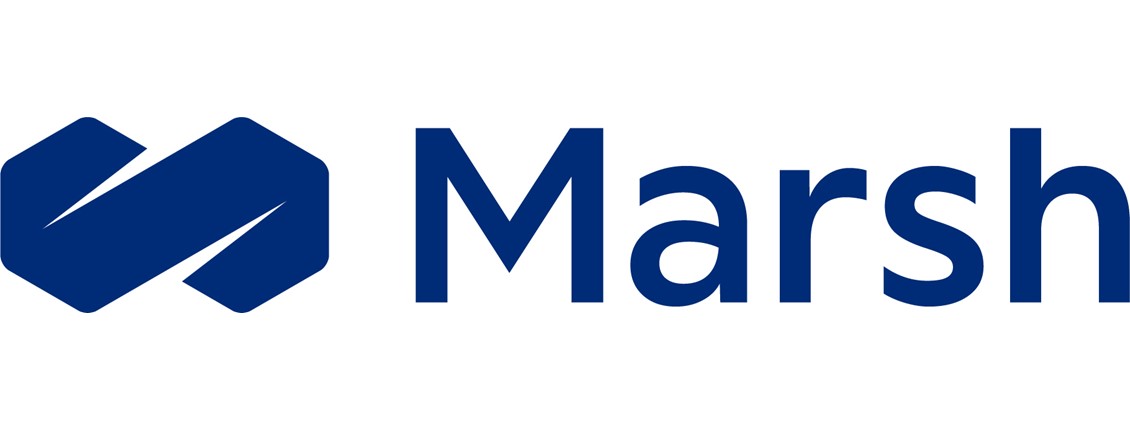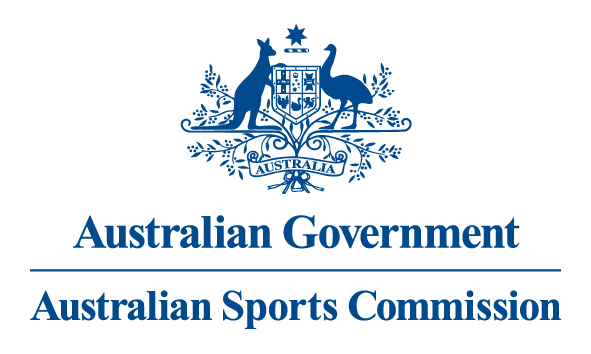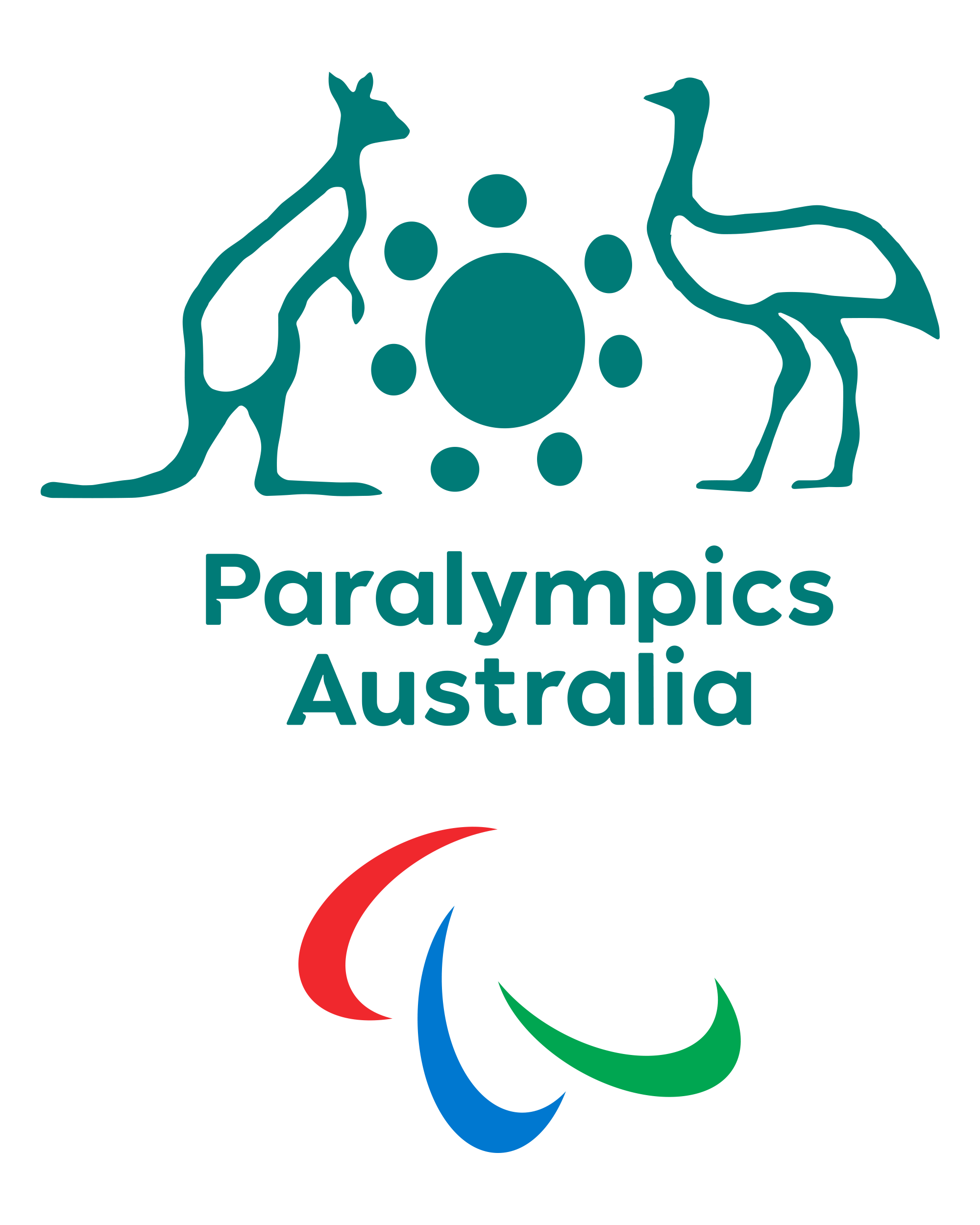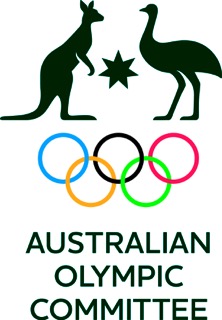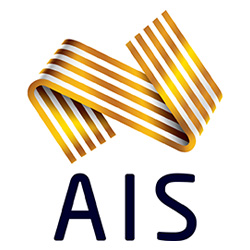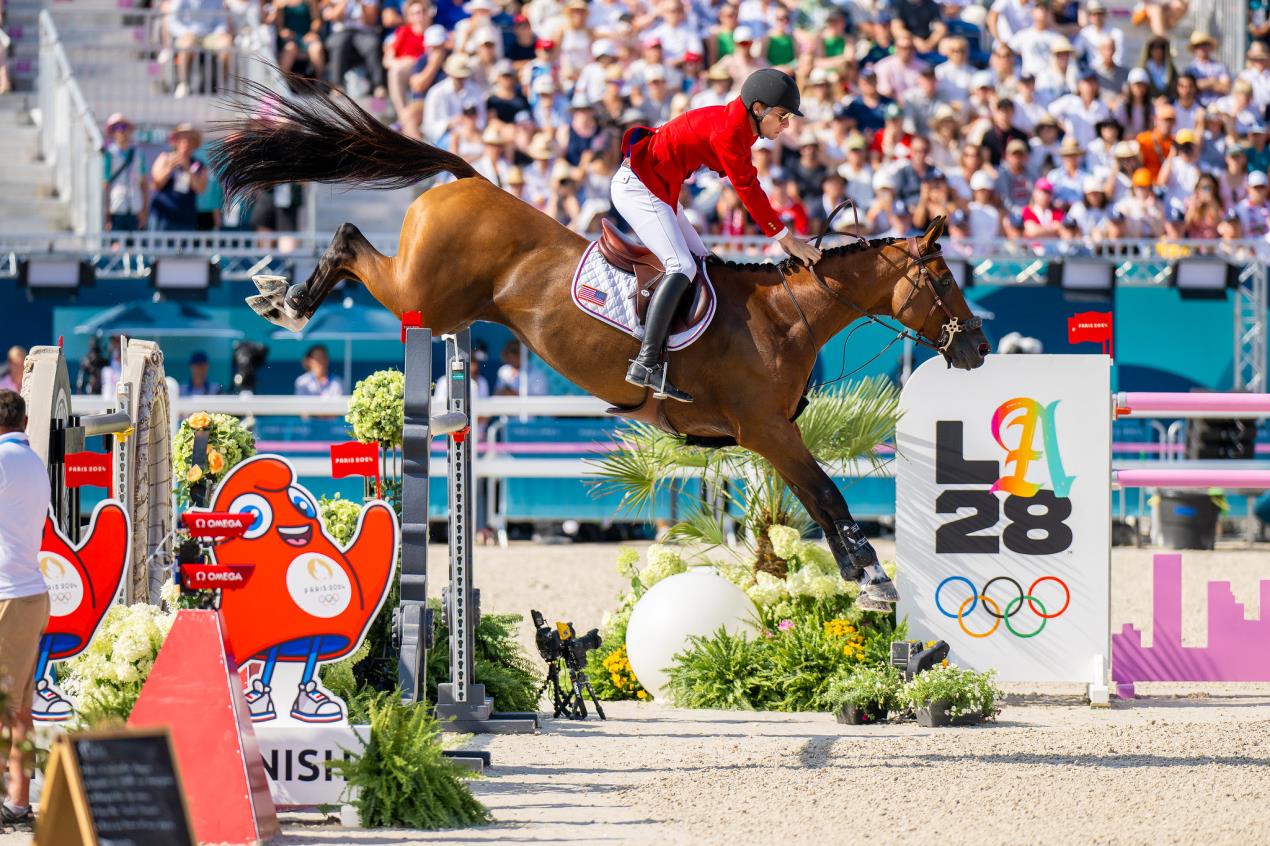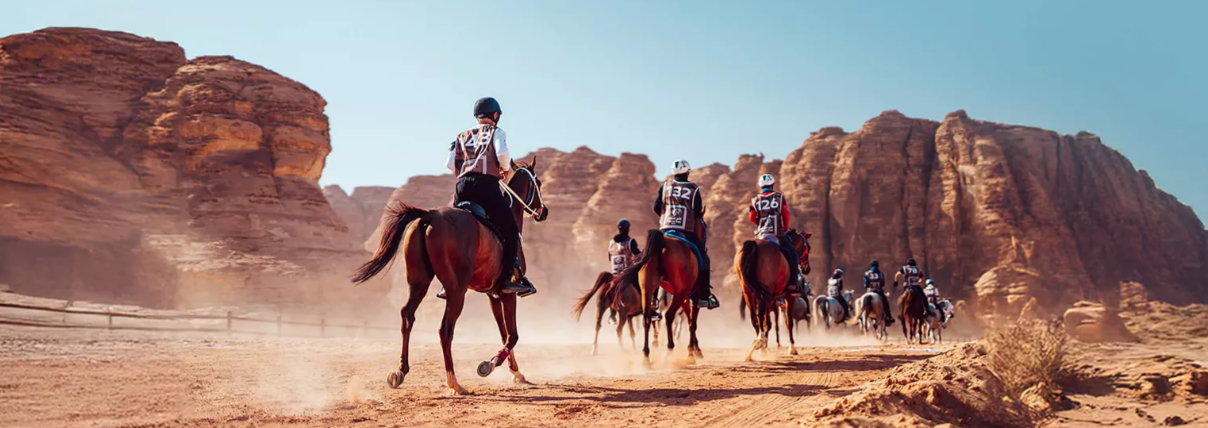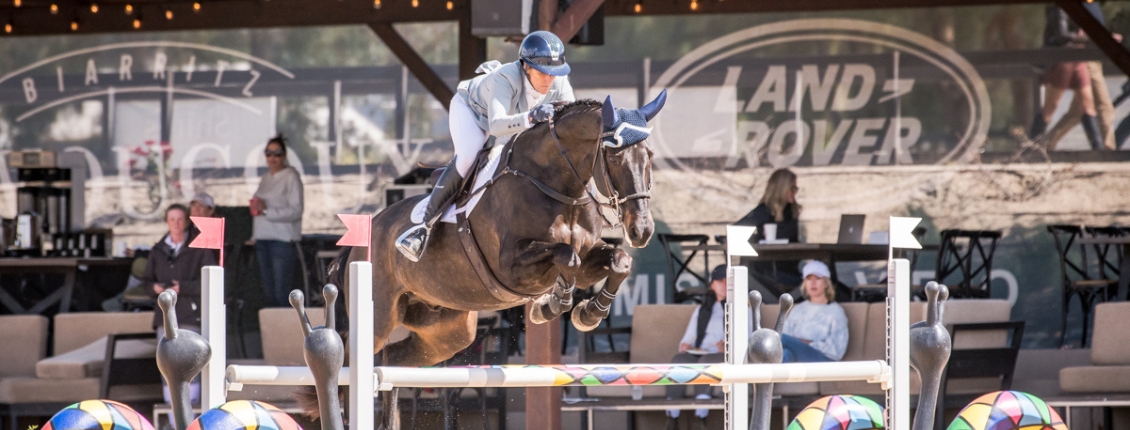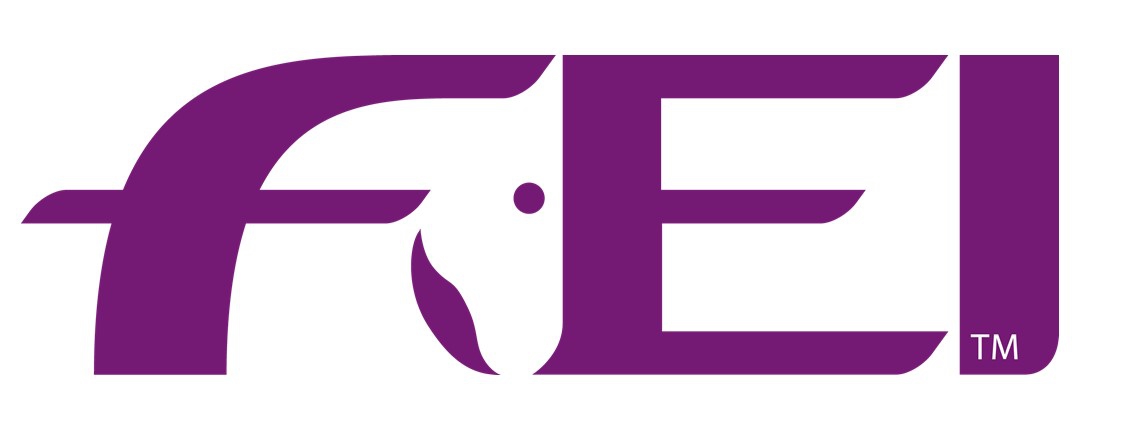
FEI Clarifies Important Rules Regarding Online Competitions
EA High Performance has received confirmation from the FEI that the information circulating regarding the running and participation of athletes and officials in online competitions is correct and accurate as per the International Dressage Officials Club correspondence.
In an email sent to FEI officials and Judges Hans-Christian Matthiesen, President of the International Dressage Officials Club, clarified the rules regarding online competitions and the ramification of participating in these events.
The full email can be found below:
Dear Colleagues,
I hope you all are safe and healthy in these difficult times! Lately I had some questions regarding judging national online dressage competitions. I want to clarify this matter. This has been cleared with the FEI HQ and FEI legal department.
We live in a world full of rules and sanctions due to Covid19, but everywhere we see new initiatives on the internet. Some of them who might employ us during this time or keep up the competing spirit amongst riders, trainers and officials. Nobody knows how long this will take and when and what kind of “normal” we will return to. Only one thing is certain, it will change again, maybe not back to what we came from, but we will see a new reality rising. The consequences for our sport and the competition format that we know, might (has already changed) change now on short term. Spectators, sponsors and everything in between will in the future have even more different background and patterns, depending on the impact of the Covid19 situation.
That is why we must keep up with the present rules. Nothing has changed yet, and before we know more (FEI has set up Taskforce groups) we must abide by the rules. The position of the FEI Board is that FEI judges are not permitted to judge in national or international online competitions. This type of competitions falls under the category of “unsanctioned events”, and they don’t guarantee some of the fundamental FEI principles:
- it is impossible to control horse welfare issues; in each equestrian discipline, the welfare of the horse must be the paramount consideration at all times. It must never, in any circumstances, be subordinated to competitive or commercial considerations.
- athletes must compete against each other under fair and equal conditions; the organizer must provide similar benefits and conditions to all participating horses and athletes;
- it is not possible to control and ensure the uniform application of all the necessary rules and regulations and to hold event organizers and participants accountable for conducting themselves in a manner that protects the safety and integrity of the sport;
Please note that FEI Judges that officiate in Unsanctioned Events may be subject to disciplinary proceedings by the FEI which can include the imposition of a period of suspension.
Equestrian sport depends, for its credibility, on public acceptance derived from the integrity of its competitions. Behind this precept lies the premise that the best athletes should win fairly and squarely, having competed under even and equitable conditions and under Rules that are themselves fair, realistic, and applied with scrupulous competence and even-handedness. No result can be meaningful or valid if it has not been achieved on a level playing-field. Please remember that at the core of our mission is to protect and promote those principles!
We would like to draw your attention to the following Articles in General Regulations:
1) Article 113 - Registration and Eligibility of Athletes and Horses. Points 4-9
4. An Athlete and/or Horse, even if registered with the FEI, is not eligible to participate in an International Event or National Event (and so may not be invited by an OC to such Event or entered by an NF in such Event) if that Athlete and/or Horse has participated, in the six (6) months prior to the first day of the International Event or National Event in question, in an Unsanctioned Event.
5. For purposes of Article 113.4, an ‘Unsanctioned Event’ is an event and/or a competition that is neither published in the official Calendar nor authorised by an NF and/or a National Event authorised or organised by a NF that is suspended by the FEI. Please also refer to the Appendix J for the rationale for the Unsanctioned Event Provisions.
2) Article 155 - Status and Liability of Officials. Points 7-12.
7. An Official is not eligible to participate in an International Event or National Event (and so may not be invited or nominated to participate in such event) if he/she has participated, in the six (6) months prior to the first day of the International Event or National Event in question, in an Unsanctioned Event.
8. For purposes of Article 155.7, an ‘Unsanctioned Event’ is an event and/or a competition that is neither published in the official Calendar nor authorised by an NF and/or a National Event authorised or organised by a NF that is suspended by the FEI. Please also refer to the Appendix J for the rationale for the Unsanctioned Event Provisions.
3) APPENDIX J – Rationale for the Unsanctioned Events Provisions
Nevertheless, if judging a test online is done purely for training and educational purposes and it is not a “competition” (riders don’t compete against each other, no result list, no placings, no ranking and no prizes. .) – this is allowed.
Please also keep in mind that the conflict of interest rules apply at all times, as described in Annex 9, Codex for FEI Dressage Judges and in the FEI General Regulations.
Please note as well that all intellectual property rights in the FEI Dressage Tests are held by the FEI and reproduction of the FEI Dressage Tests (especially when they are made available or linked to for a fee) is not permitted without a formal license agreement from the FEI.
Though we still have to keep in mind that judging on video may be different from judging in real life. The video takes away the peaks: top quality looks less and mistakes and not so good quality might look better.
If you judge videos from riders, trainers – require quality of recording, video quality and camera angle (from specific letter).
Once in a while you will be asked to judge a ride from an already over (finished) competition – my common sense must prevail and say NO to this. It almost always brings you or a colleague in a difficult situation. Always ask the submitting part about circumstances and background. Is this a training-ride ? Have other judges seen it/given feedback already ?
If you set up a professional online platform, be ready to be questioned about your independence and impartiality. Even though we almost must act as “professionals” we are volunteer amateurs on most levels and in big parts of the world.
Stay safe and healthy.
Hans-Christian Matthiesen
President of the International Dressage Officials Club

